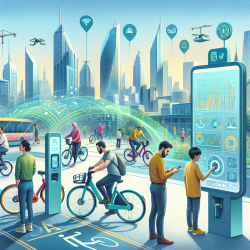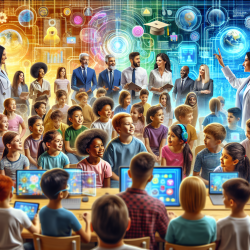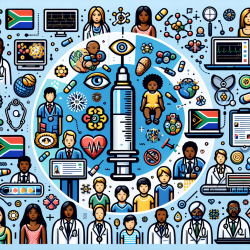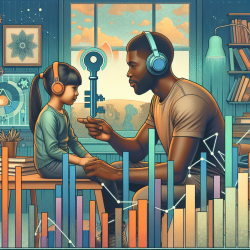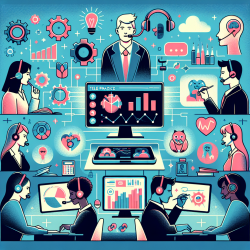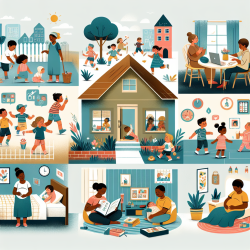The COVID-19 pandemic has been a challenging time for everyone, testing our emotional resilience and social connections. As practitioners, understanding the nuances of interpersonal emotion regulation (IER) can significantly impact how we support our clients. The research article "You Do Not Have to Get through This Alone: Interpersonal Emotion Regulation and Psychosocial Resources during the COVID-19 Pandemic across Four Countries" provides valuable insights into how IER strategies affect mental health.
Understanding Interpersonal Emotion Regulation
Interpersonal emotion regulation refers to how we manage our emotions through social interactions. Unlike intrapersonal strategies that involve self-regulation, IER involves sharing emotions with others. The research highlights two main types of IER strategies: adaptive and maladaptive.
- Adaptive Strategies: These include co-reappraisal (reframing situations positively), co-distraction (shifting focus away from stress), physical affection, and positive humor. These strategies are associated with better mental health outcomes.
- Maladaptive Strategies: These involve co-brooding (dwelling on negative emotions) and negative humor (sarcasm), which are linked to increased depressive symptoms and anxiety.
The Role of Psychosocial Resources
The study also examines how psychosocial resources like social support, attachment style, loneliness, and trust influence the effectiveness of IER. Individuals with strong psychosocial resources tend to benefit more from adaptive IER strategies, while those with fewer resources may experience heightened negative effects from maladaptive strategies.
This finding emphasizes the importance of fostering healthy social connections and building trust within therapeutic settings. Encouraging clients to develop supportive networks can enhance the positive impacts of adaptive IER strategies.
Implementing Research Findings in Practice
As practitioners, integrating these findings into your practice can improve client outcomes. Here are some actionable steps:
- Promote Adaptive IER: Encourage clients to engage in positive reframing and humor during interactions. Facilitate discussions around healthy ways to share emotions.
- Identify Maladaptive Patterns: Help clients recognize when they are engaging in co-brooding or negative humor and guide them toward more constructive communication methods.
- Strengthen Psychosocial Resources: Work on building clients' social support systems and enhancing their ability to trust others. This can buffer against the negative impacts of maladaptive IER.
The research underscores that while maladaptive IER strategies pose risks for mental health, adaptive ones can offer protective benefits. By focusing on strengthening interpersonal connections and promoting positive emotion regulation techniques, practitioners can help clients navigate emotional challenges more effectively.
To read the original research paper, please follow this link: You Do Not Have to Get through This Alone: Interpersonal Emotion Regulation and Psychosocial Resources during the COVID-19 Pandemic across Four Countries.
